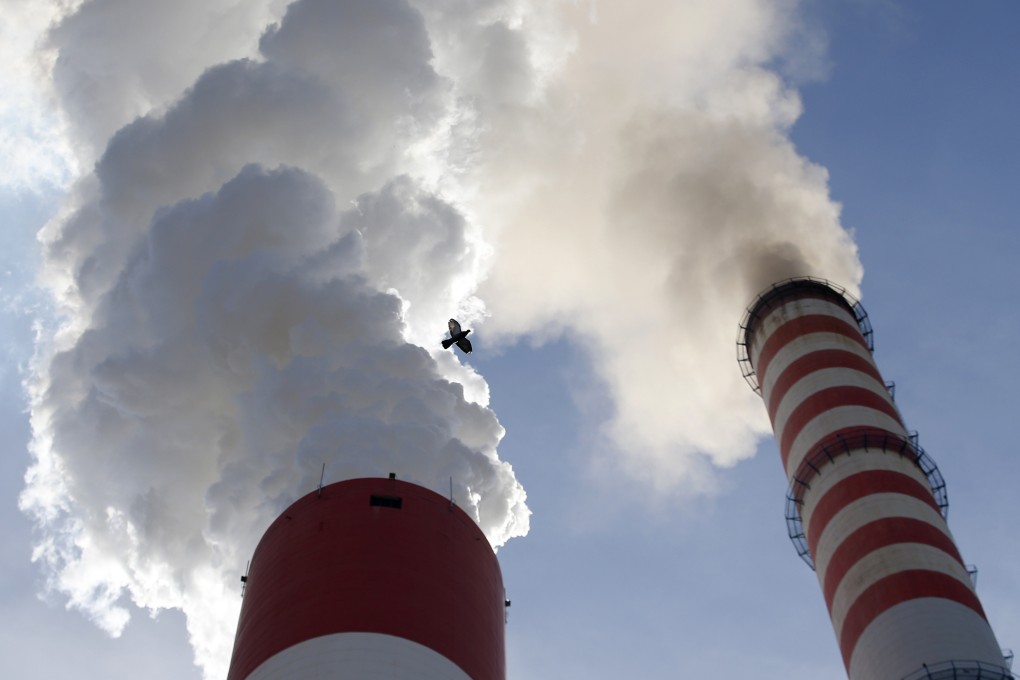Editorial | Apathy not an option when climate change threatens all of us
- The latest UN report may be bleak, but it claims that a liveable future remains possible with coordinated international effort and resolve this decade

Each new report on the effects of climate change is evermore dire. Until measures to reduce or keep temperatures in check have an impact, there will be more severe weather events, sea levels will rise and humanity, species and ecosystems further threatened.
The latest assessment by the United Nations is by far the bleakest, contending that many of the consequences of the failure by governments to dramatically cut carbon emissions blamed for global warming are already irreversible and worse is to come.
But while the window for opportunity is determined to be “brief and rapidly closing”, it claims that with coordinated international effort and resolve this decade, a liveable future remains possible.
The recent report by the Intergovernmental Panel on Climate Change, the world’s foremost authority on the issue, is the second of three reviews of progress on global efforts to keep temperatures 1.5 degrees Celsius below pre-industrial levels.
Scientists previously determined that the Earth had already warmed 1.09 degrees as a result of human activity and believe that reaching between 1.7 and 1.8 degrees will create climate conditions that threaten the lives of half of all people.
Already, more than 40 per cent of the population of 7.7 billion is “highly vulnerable” to the effects of heat, drought, severe storms and wildfires. Higher temperatures and rainfall are spreading disease like never before. An additional half a million are at risk of floods every year and a billion more living on coasts will be exposed by 2050.
